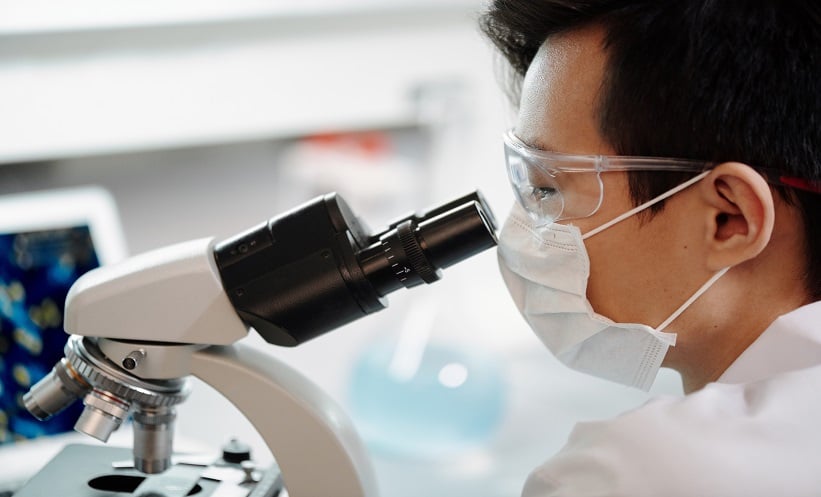RESEARCHERS of Escherichia coli bacteria in the gut have discovered that intestinal inflammation in Crohn’s disease frees up chemicals, which nourish the growth of bacteria, and consequently advances their ability to cause inflammation.
The multi-year study, carried out globally, focuses on ileal Crohn’s disease, which affects the last part of the small intestine. Adherent and invasive E. coli (AIEC) sticks to, and invades, cultured epithelial cells in the gut lining, replicating in macrophages (defensive white blood cells). AIEC has been found in 21–63% of patients with the ileal form of the disease, and researchers therefore surmised that AIEC has a key role to play in the process of Crohn’s.
This study was patient-based and multidisciplinary. Experiments related to AIEC were carried out, including characterising the ileal microbiome and chemical environment, and exploring the genetic predisposition of patients with and without Crohn’s disease. The disease is already thought to be exacerbated by genetic defects, gut bacteria, and diet. Previous studies have demonstrated that when the gut is inflamed in patients with Crohn’s, the microbiome moves toward more unfriendly bacteria, such as E. coli.
Researchers uncovered that inflammation is responsible for the creation of a chemical environment enriched in a number of metabolite compounds, such as phospholipids and amino acids. Crohn’s-associated E. coli bacteria uses this environment for energy, growth, and in moving toward the gut lining.
Senior author, Kenneth Simpson, College of Veterinary Medicine, Cornell University, Ithaca, New York, USA, and Weill Cornell Medicine, New York City, USA, commented: “This study gives us a whole new patient-based roadmap of things we might want to target to stop Crohn’s associated E. coli from growing and inciting inflammation.” Simpson added: “Essentially we found that the ileal mucosa provides an extensive menu of chemicals that AIEC can mix and match for growth and virulence.”
The research team believes new treatments can now be sought to selectively disrupt those compounds that E.coli thrives on. As many patients with Crohn’s have antibiotic resistance, this is a promising step forward for this disease population.








